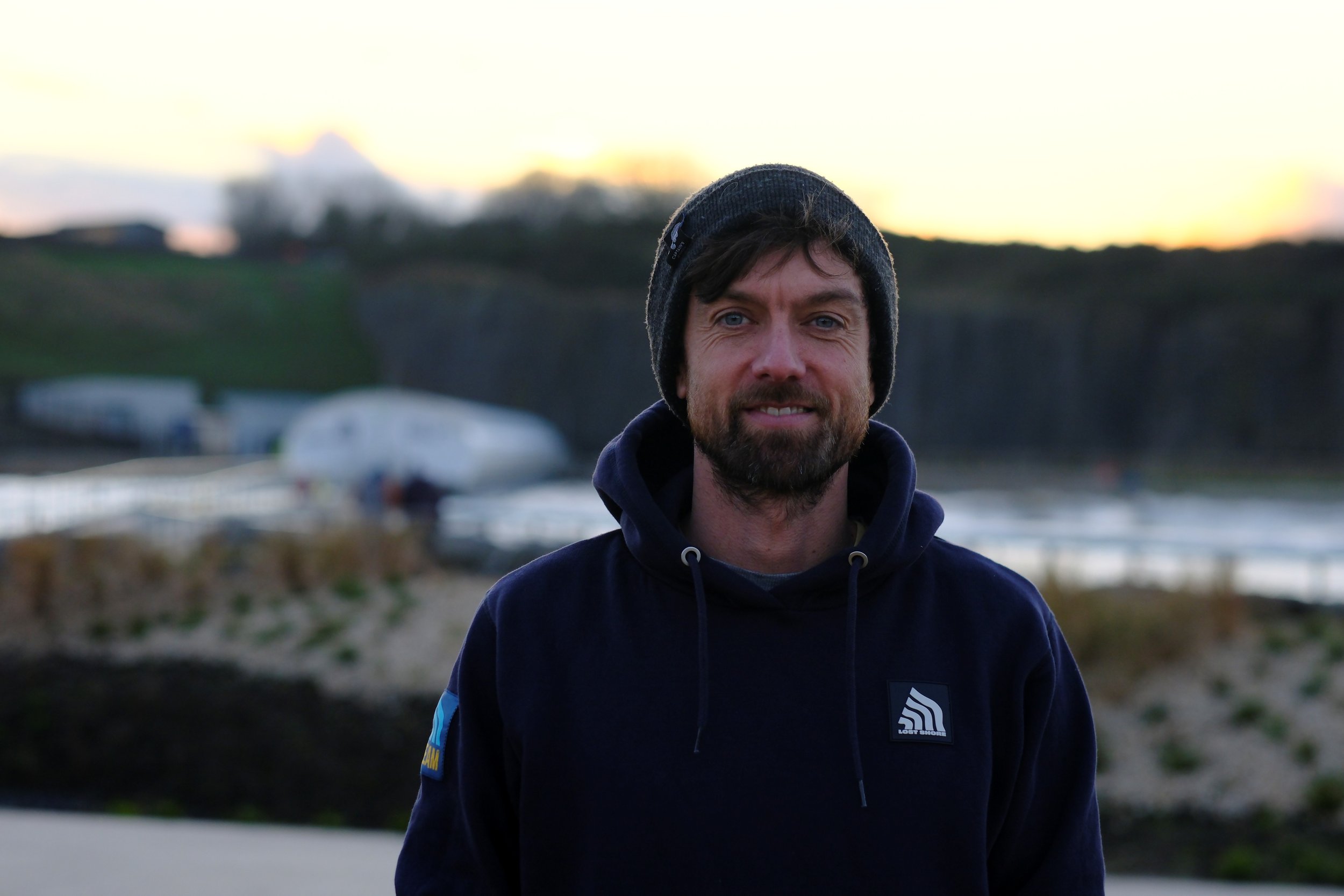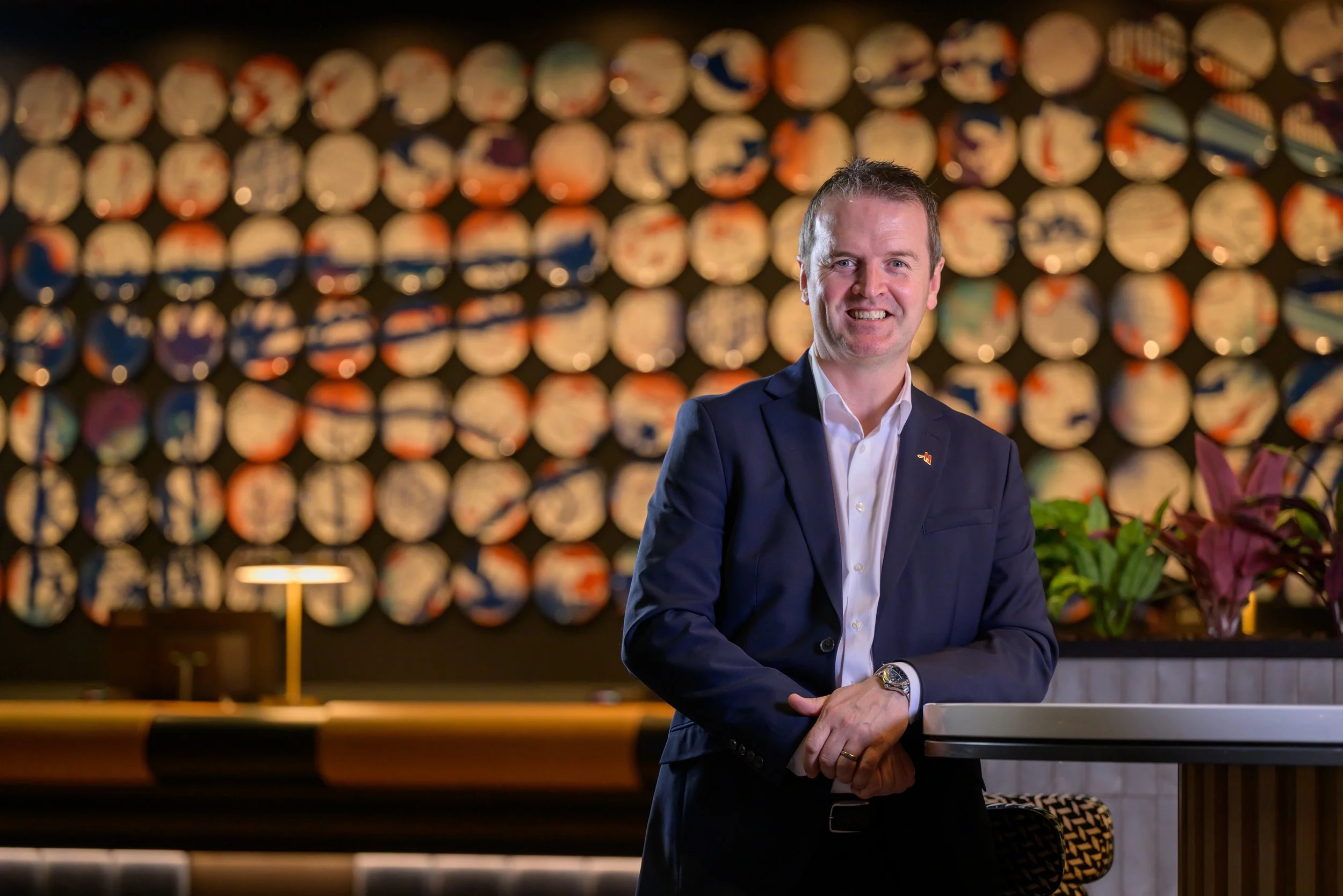Challenges of changing work patterns
Many of us are now working on a hybrid basis, partly from home and partly in the office. I am aware of a variety of hybrid working approaches. Regardless of the working model adopted, I am hearing from both my clients that I am coaching and the coaches that I am supervising that the leaders of organisations are struggling. The psychological stamina and emotional resilience needed now is a tall order after the pandemic.
I met a CEO recently at one of our female networking events and she is taking a sabbatical as the strain over the last two years has taken its toll. She told me her challenges include feeling isolated, exhausted and lonely at the top, having few people to share it with and keeping motivated when the workforce don’t want to come back into the office. At this face to face event, she felt a huge contrast, thanks to being connected in person and having the opportunity to chat in person with enthusiastic people.
Another business leader client told me the joy had gone out of her work. She was feeling de-motivated and flat. Her people are not enthusiastic, reluctant to come into the office, much preferring to stay working from home and not engaging. She is finding it hugely challenging. Our conversations focus on her leadership role in aligning her team with the purpose of their work, to help re-ignite them – and herself!
We are in a dilemma and a period of huge change; we are working harder at the connections that are not physical as people want to work less in the office but no one gets a kick from yet another virtual “happy hour”! We know from neuroscience how the lack of engaging “in person” impacts on our energy, positivity and creativity. In person connections are essential to establish a baseline level of trust and understanding between two or more people, especially early on in a relationship, and help build stronger and more meaningful social bonds. You don’t get to notice the subtle changes in facial expressions, vocal inflections, hand gestures, and eye contact that convey meaning and help ensure our messages are not misunderstood; up to 85% is nonverbal and this is missed in the virtual world.
I know from my supervision that other coaches are experiencing this with their clients. Our conversations focus on personal resilience and how vital our psychological stamina is. Psychological stamina rests on more deep-seated emotional patterns shaped by our individual needs, histories, and experiences. Stamina is required because, frankly, what we are going through is not particularly exciting. People report feeling bored, disconnected, and anxious. This requires perseverance, endurance, and even defiance against the randomness, gloom, and burden of the pandemic and the economic reality.
Cultivating resilience requires some emotional rewiring and calls for a different kind of appeal to team members and colleagues. The essential task is to identify your biggest challenges over the next year and then tap into the psychological stamina you and your team needs to get there. This could involve in person team sessions, group engagement, check in and listening sessions, and maybe even finding the right coach to help you stimulate the positive energy you need to make it happen.
Caroline Donaldson is Director of Kynesis Coaching www.kynesis.co.uk







